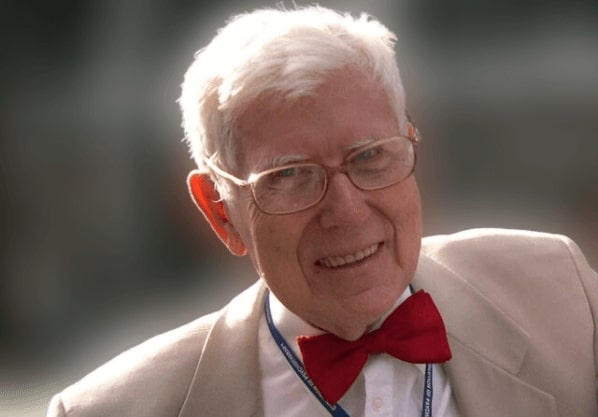We originally linked to an article in the New York Times on January 11, 2000. The article was titled: “A Pragmatic Man and His No-Nonsense Therapy” and featured Dr Aaron T. Beck at age 78. It describes how he came to develop cognitive therapy and covers his development from a young boy to a brilliant scientist whose endless curiosity led him to develop one of the most successful psychotherapies of all time, Cognitive Therapy.
Now, five years later and Beck, who is soon to be 94 years of age, is still producing new ideas and conducting therapy outcome research. We believe this article is one of the best brief summaries of an extraordinary life and wanted to make it readily available to people who just may now be learning about the benefits of cognitive therapy.
Here is a very brief excerpt from the article dated January 11, 2000 (New York Times.com):
Cognitive therapy, developed by Dr. Beck after he abandoned psychoanalysis, is intended to help patients correct such distortions in thinking, often in a dozen sessions or fewer. Dr. Beck calls the method “simple and prosaic,” with no dredging up of lost childhood memories, no minute examination of parental misdeeds, no search for hidden meanings. “It has to do with common-sense problems that people have,” he said. Patients in cognitive therapy are encouraged to test their perceptions of themselves and others, as if they were scientists testing hypotheses. They receive homework assignments from their therapists. They learn to identify their “inaccurate” beliefs and to set goals for changing their behavior.
[READ THE FULL ARTICLE] A pragmatic man and his no-nonsense therapy
Photo Credits: 2005 Kathleen A. Mooney, PhD



